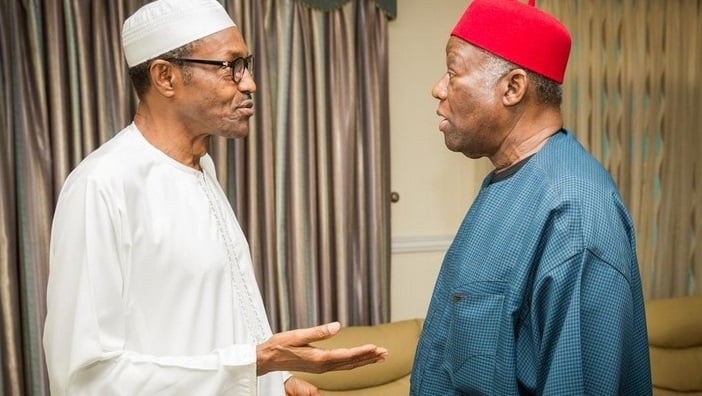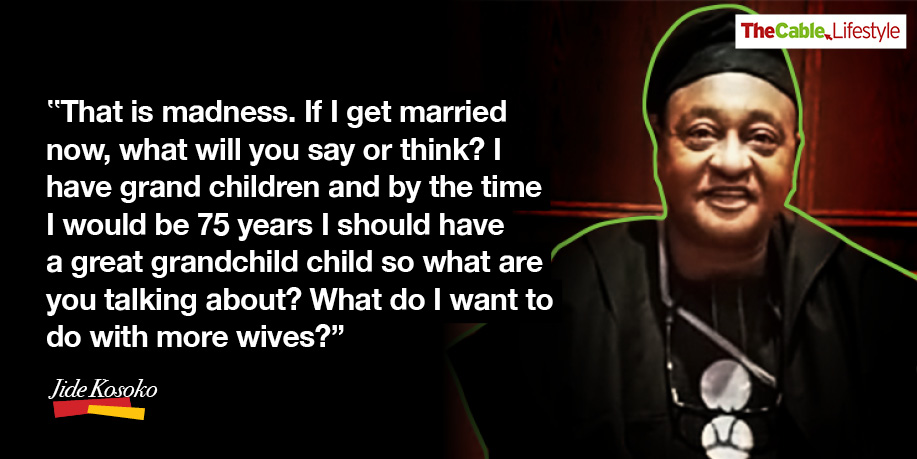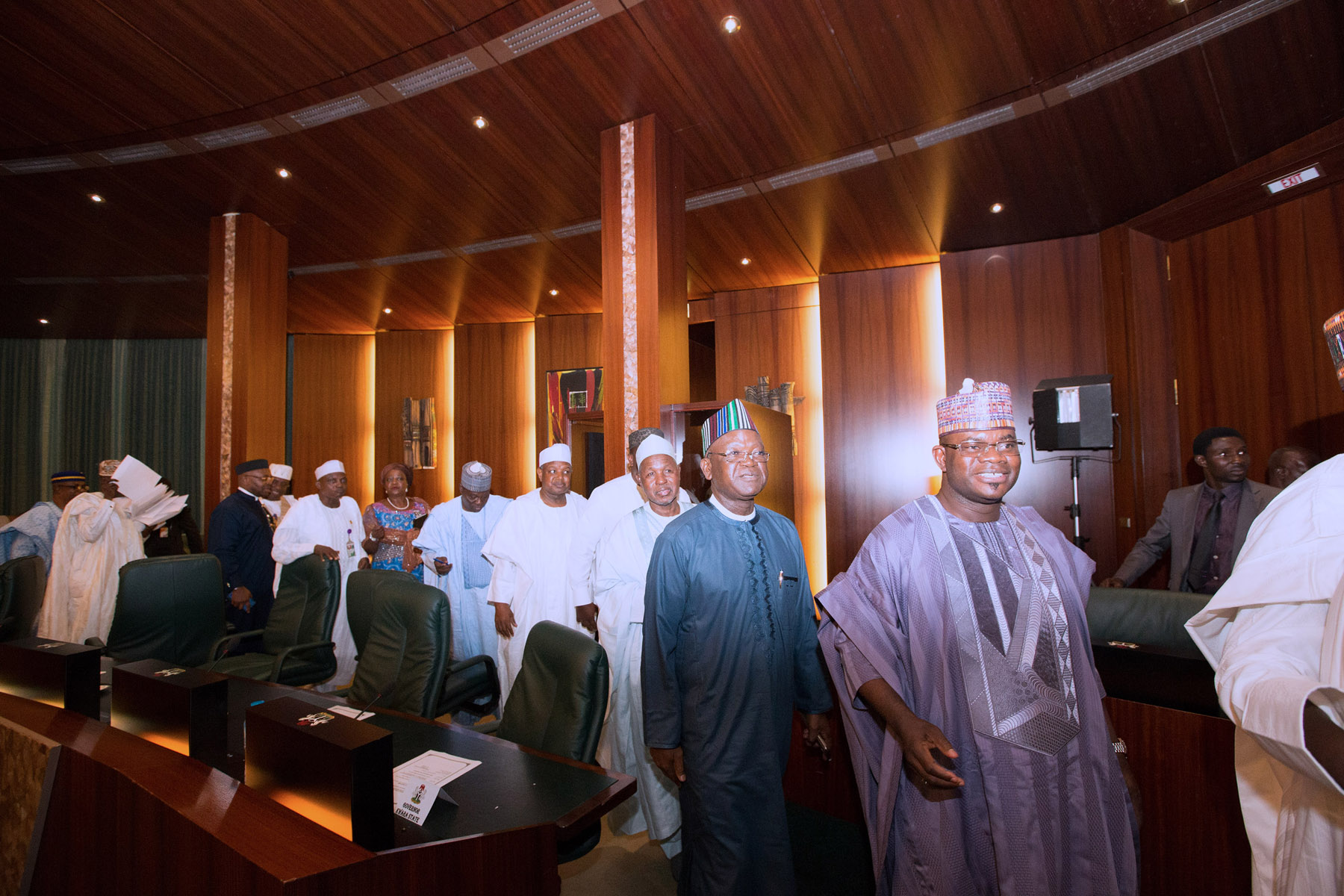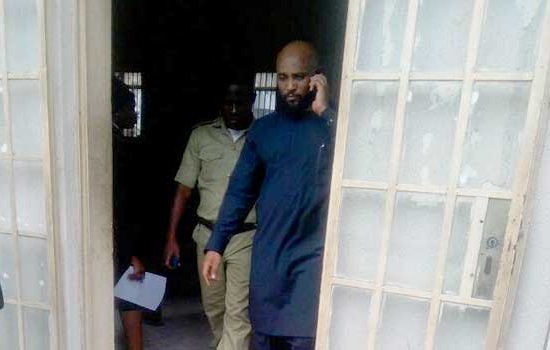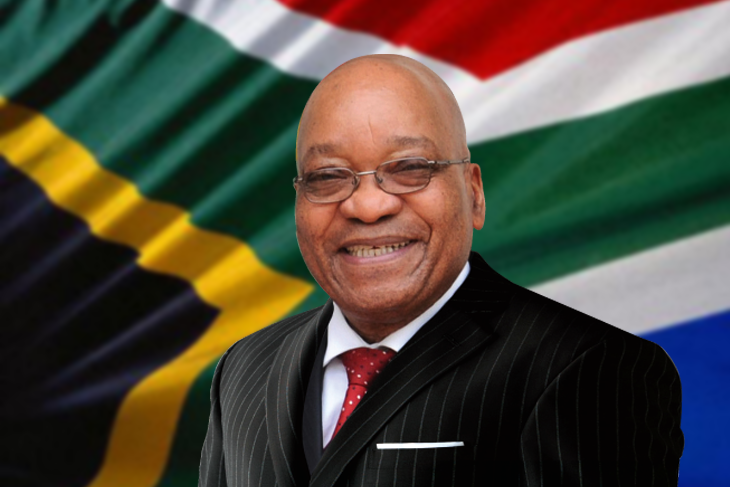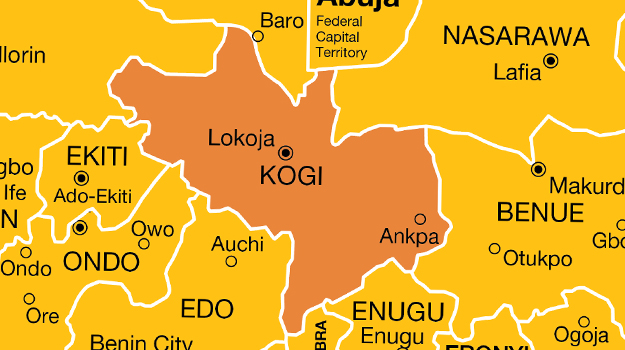By accepting an Igbo running mate and granting pardon to Dim Chukwuemeka Ojukwu in 1981, former President Shehu Shagari showed commitment to Gowon’s 3R – reconciliation, rehabilitation and reintegration –which was announced after the civil war of 1967–1970. Unfortunately, Shagari’s government was truncated.
Actually, as part of Gowon’s 3R policy, dismissed Nigerian soldiers and police officers, who were members of Nigeria’s security service before joining the Biafran side, were neither tried nor executed for fighting against the federal army after the war.
In trying to heal the wounds of the war, in 2000, former President Obasanjo granted amnesty to these officers who were conscripted into the Biafran Army. Ordinarily, these officers would have been declared deserters. Unfortunately, pardoned police officers were not paid, even after the military integrated all the pardoned Biafran soldiers into its pension payroll system.
With Buhari’s order that the pensions of these police officers be paid, he used a low hanging fruit to douse the notion that he hates the south easterners.
Advertisement
Critics, who argue that the gesture of paying about 219 Biafran police officers and their relatives is nothing compared to the quantum of demands from marginalized Igbos, seem to forget the effect a similar gesture had on Ojukwu.
On collecting his pension in 2008, Ojukwu remarked: “This is one of the rare occasions, but it is one of those occasions that makes one really feel proud to be part of this country. We have come together again as a body and we can’t fail mentioning the singular honor that I have been made subject of throughout this morning here…’’
An excited Ojukwu went on to remark: “In ending our civil war, all I ask is for everybody to live up to the pregnant expectations of Gowon’s saying about this war that there is no victor, no vanquished. Those who think there have been vanquished I ask my colleagues on this side to forgive them because on our own part we have forgiven everybody.”
Advertisement
However,Ojukwu lamented that it was improper to still refer to him as a Lt. Colonel when he was a four star general in the Biafran Army. But this was not enough for him to reject the check.
Just as Ojukwu’s spirits were elated by the payment of his pensions, the Nigerian policemen who had defected to the Biafran side would have their spirits rekindled when they receive their retirement benefits.
But they are not alone. Many Igbos lost everything during the civil war. For instance, many Igbos who had abandoned their properties in various part of the country came back to them and found new occupants. Since Gowon had approved and pursued the policy of abandoned property, many of these properties, especially in Port Harcourt, were declared abandoned properties and the new owners refused to hand them over.
Many had their careers and education truncated. Many victims of the civil war, in the south east,withdrew from school and never had the opportunity to go back after the war. Some are still carrying wounds from the civil war, while many are still suffering post-traumatic stress disorders.
Advertisement
President Buhari could do a little more to address the some of the impact of war on the south easterners in order to douse the resounding cries of marginalization. Some could be low hanging fruits which could be similar to the payment of pensions he just ordered.
One place to look for low hanging fruits is in the 1999 Human Rights Violation Investigation Commission (Oputa Panel) report. The commission was to establish the nature and extent of human rights violation from January 1966 (the civil war was inclusive) with the aim of pursing justice and preventing future occurrence. The commission produced volumes of reports – which contained atrocities committed during this era and recommendation — and handed it over to government.
Unfortunately, this commission was later declared unconstitutional. But the euphoria the payment of pensions generated in the case of Ojukwu and other Biafran veterans shows that some little reconciliation gestures – such that would have been recommend by the Oputa Panel — could have lasting impact on the psyche of many.
The psychological effect of these amends could go a long way in healing the country.
Advertisement
Add a comment

